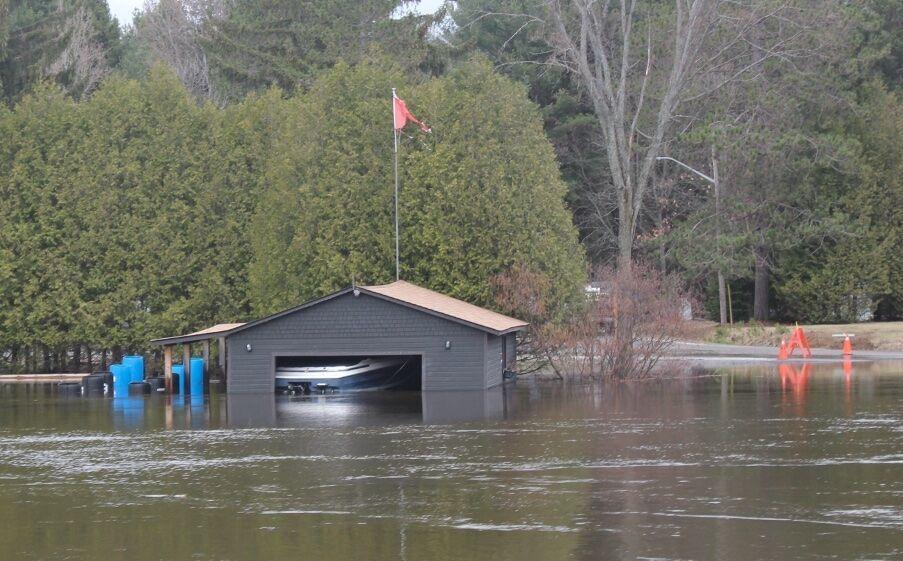What do we know now about climate change in Muskoka?
Winter will not go away, but it could be very different than what we have experienced in the past.
By Dr. Richard Lammers.

Nearly 40 years ago, on Dec. 10, 1985, the planetary scientist and popular science communicator Carl Sagan addressed the U.S. Congress about how the greenhouse effect is changing, and will cause changes, to our climate on a global scale.
“If you don’t worry about it now,” he informed the committee, “it’s too late later on.”
Over the last four decades, a great deal of research has been carried out in the name of climate science. This has allowed us to get a much better understanding of the changes we expect to see in the Muskoka region.
What’s going to change?
In Muskoka and most other places on Earth, temperatures have been rising over many years, and they will continue to rise even more.
With rain and snow, it is a little harder to work out what will happen, but it looks like we will get more precipitation in the winter.
Warmer winter temperatures mean much of that will fall as rain. Warmer summer temperatures could mean more drought during the hottest months.
How much will temperatures go up?
Scientists report winter temperatures will rise between 2 and 7 oC in this region before the end of this century.
This increase is at least twice, and perhaps many times more, what we have seen over the last 140 years, according to weather station records.
Some of this warming is “baked in,” as warming will continue for at least most of this century.
Are other changes going to happen?
Yes. Lake ice will get thinner and less common as the temperature warms.
There is also a concern that storms will increase. This could lead to flooding on our rivers being more frequent and severe, especially in the spring.
Some people may need to move if their houses are too close to a river or lake that commonly overflows its banks.
How do we know all of this?
Every few years, the Muskoka Watershed Council creates a detailed report on the state of the environment. They have a summary report card and a longer background report with all the details on what has been learned about the changing climate here in Muskoka.
Do these changes really matter?
Yes, they do matter. If we see more drought in the summer, then we would see drier forests, leading to poorer health of the trees and greater susceptibility to pests and disease.
Droughts could also bring larger and more frequent forest fires; groundwater levels would go down, and some water sources would go dry. For people relying on these water resources, if their well went dry, even seasonally, they would have to carry in bottled water to the house, and this would mean fewer baths and showers.
A warmer winter means lake ice will be thinner, the ice fishing season will be shorter and skiing would be more difficult. Less snow could mean fewer people coming to Muskoka for skiing, snowmobiling and other winter sports.
Will winter ‘go away?’
Winter will not go away, but it could be very different than what we have experienced in the past, with more frequent rain instead of snow throughout the winter.
In Sagan’s testimony, he pointed out this is an intergenerational problem, and we now know he was right. We are facing these issues now and we will be facing them until at least the end of the century, not just here in Muskoka, but all over the world.
As Sagan said, “We are all in this greenhouse together.”

This is the fourth in a series of articles from the Muskoka Watershed Council on “The State of Our Watershed” published on MuskokaRegion.com. Each explores environmental issues and management challenges revealed in the 2023 Muskoka Watershed Report Card. This week’s contributor is hydrologist Dr. Richard Lammers, who is a member of the research faculty at the University of New Hampshire, a Bracebridge resident and a longtime member of the Watershed Council.
